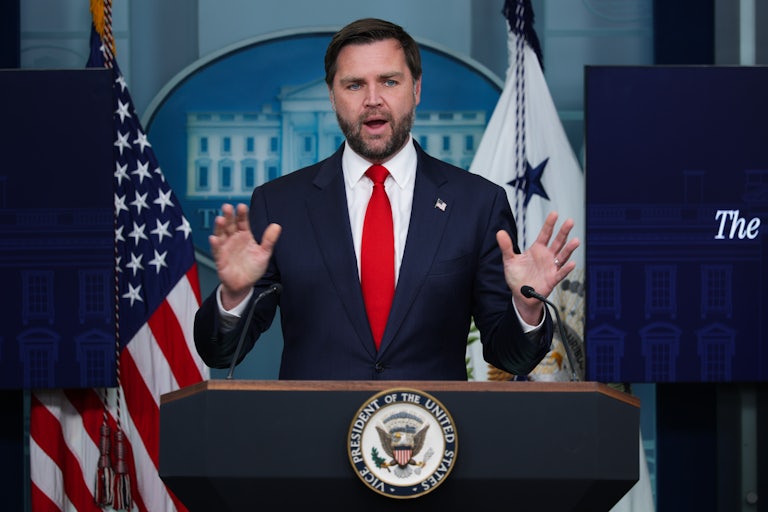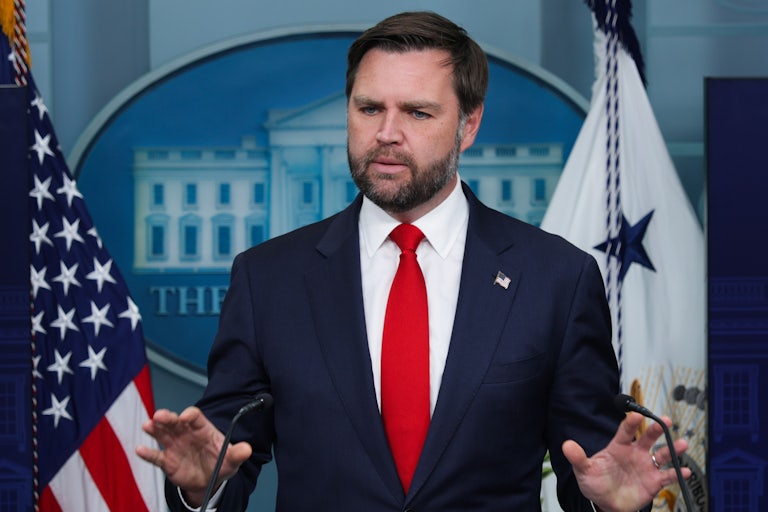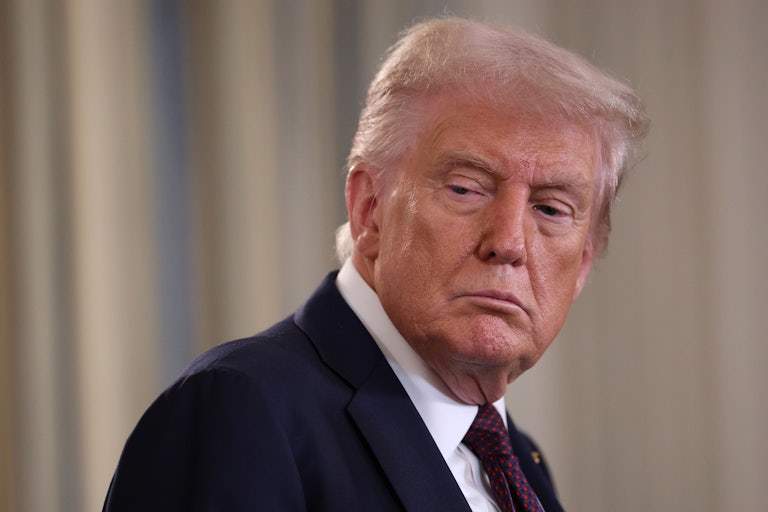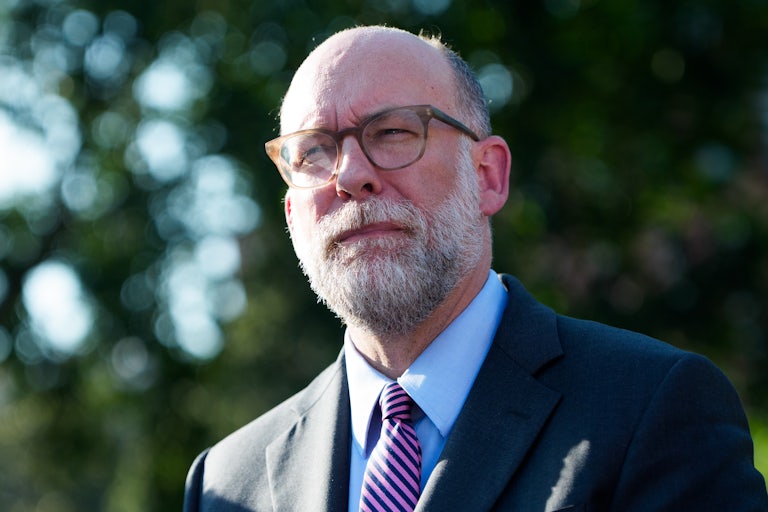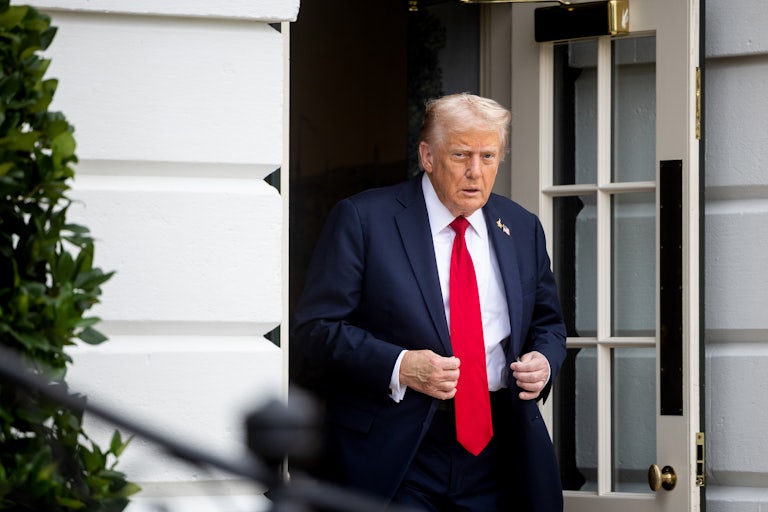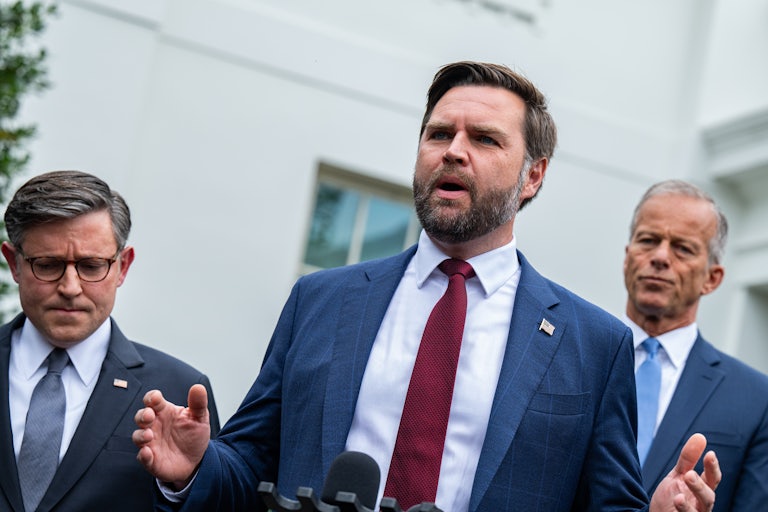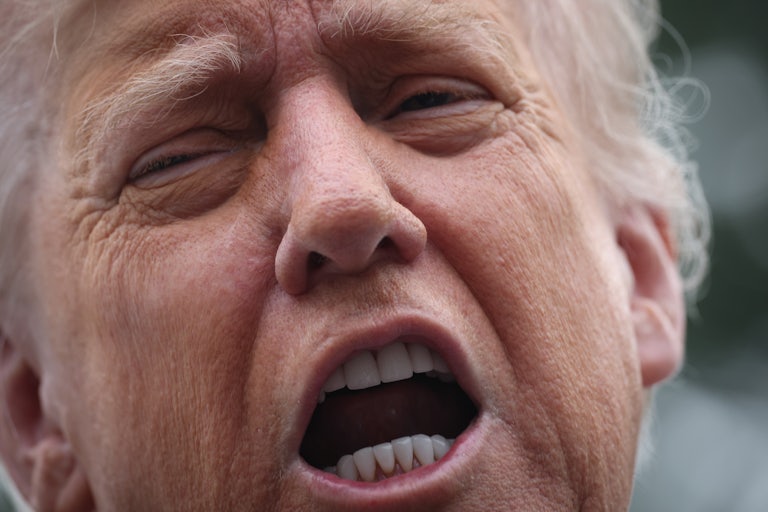Trump Secretary Totally Undercuts Kash Patel’s Epstein Claim
In an exclusive interview, Commerce Secretary Howard Lutnick explained how Jeffrey Epstein was a master manipulator—and contradicted the FBI director’s most recent claim about the notorious sex criminal.
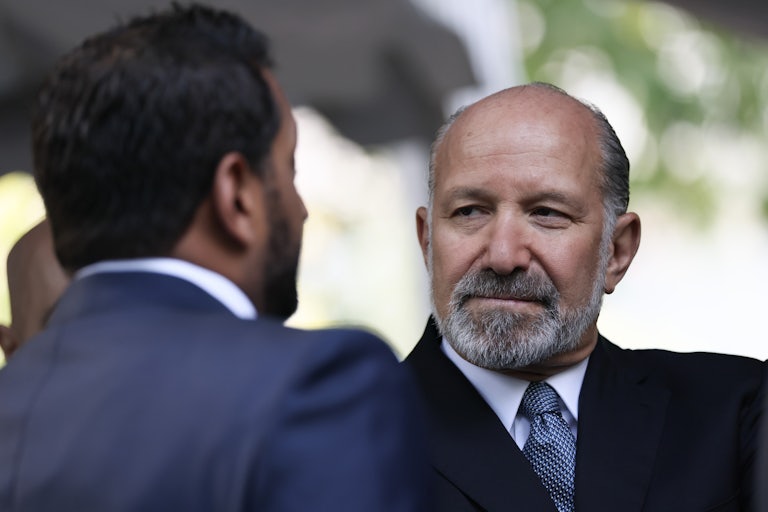
Donald Trump’s commerce secretary completely contradicted the Trump administration’s official story on Jeffrey Epstein during an appearance on a New York Post podcast published Wednesday.
The late notorious sex criminal was “the greatest blackmailer ever,” Howard Lutnick told the Post, after detailing a skin-crawling experience in 2005, when he moved in next to Epstein and was shown the disgraced financier’s “massage room.”
Lutnick expressed his belief that Epstein blackmailed powerful individuals in his social circle by videotaping them during massages: “They get a massage, that’s what his MO was. ‘Get a massage, get a massage,’ and what happened in that massage room, I assume, was on video. This guy was the greatest blackmailer ever, blackmailed people. That’s how he had money.”
The commerce secretary speculated that Epstein used blackmail to secure a controversial 18-month sentence in 2008 (which he notably got in a plea deal negotiated by then–U.S. Attorney Alexander Acosta, who eventually served as labor secretary in Trump’s first term).
“How could he get 18 months and be able to go to his office during the day and have visitors and stuff? There must have been a trade,” Lutnick speculated. “So, my assumption, I have no knowledge, but my assumption is there was a trade for the videos, because there were people on those videos.”
Lutnick’s remarks are at odds with the administration’s official narrative on Epstein. Last month, FBI Director Kash Patel told a Senate committee “there is no credible information” that Epstein trafficked victims “to other individuals.”
In a July memo, the FBI and Justice Department also said their investigation into Epstein yielded “no credible evidence … that Epstein blackmailed prominent individuals as part of his actions.” Nor did they uncover a “client list” or “evidence that could predicate an investigation against uncharged third parties.”
The memo challenged what had become an article of faith among Epstein conspiracy theorists (many of them Trump supporters) and thus ignited a still-simmering scandal for Trump. The rest is history: The president disowned his Epstein-concerned supporters, news reports have revealed additional details about his former relationship with Epstein, and his allies are still fighting against pressure from the public and Congress to release the “Epstein files” in full.

